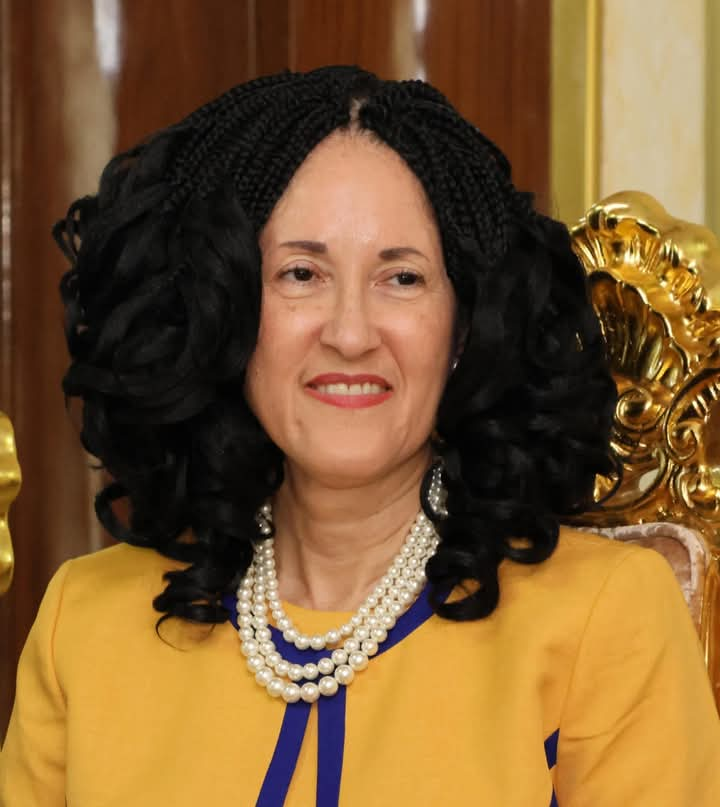The University of Liberia (UL), Liberia’s premier institution of higher learning, recently marked its 74th Founder’s Day, a moment of reflection on the university’s rich history, its contributions to national development, and its future trajectory. Themed “The Future Starts Now,” the celebration included a panel discussion focusing on the university’s role in shaping the future of Liberia. While acknowledging the university’s historical significance and its ongoing commitment to education, Dr. William Ezra Allen, a prominent Liberian historian and Director of the Center for Diaspora and Migration Studies, called for a crucial reassessment and revitalization of the UL’s curriculum. He emphasized the urgent need for the university to adapt and evolve to effectively address pressing societal and global challenges, particularly in light of recent experiences with pandemics like Ebola and COVID-19.
Dr. Allen’s call for curriculum reform stems from the recognition that the world faces increasingly complex and interconnected challenges. The traditional academic framework, while valuable, may not adequately equip students to grapple with the multifaceted issues of the 21st century. He argues that the UL curriculum must be strategically redesigned to incorporate emerging fields of study and interdisciplinary approaches that address these challenges head-on. This includes incorporating studies on pandemic preparedness, financial stability, and other critical areas that have a direct impact on national and global well-being.
The impact of pandemics, such as Ebola and COVID-19, underscores the critical need for proactive measures in disease prevention, control, and management. Dr. Allen advocates for the inclusion of specialized programs and courses that equip students with the knowledge and skills necessary to navigate future health crises. This involves not only understanding the biological and epidemiological aspects of diseases but also addressing the social, economic, and political dimensions of pandemics, fostering a holistic approach to public health. Similarly, the evolving global financial landscape requires a new generation of experts equipped to tackle complex financial issues. This includes incorporating curriculum elements that address financial literacy, risk management, and the development of sustainable economic models.
Furthermore, Dr. Allen’s vision extends beyond simply adding new courses. He envisions a more comprehensive restructuring of the curriculum that fosters interdisciplinary collaboration and critical thinking. This involves breaking down traditional academic silos and encouraging students to explore connections between different fields of study. By fostering a more holistic and integrated approach to learning, the university can empower students to become well-rounded problem-solvers capable of tackling complex challenges from multiple perspectives. This interdisciplinary approach is crucial for tackling the intricate interplay of factors that contribute to societal and global issues.
The Founder’s Day celebration also saw the participation of the newly appointed President of the UL, Dr. Layli Maparyan, who joined the event virtually from the United States. Dr. Maparyan expressed her gratitude for the occasion and reiterated the university’s commitment to national development. She emphasized the importance of strengthening the capacity of Liberians through research and other academic activities, highlighting the university’s role in fostering intellectual growth and contributing to the country’s progress. This aligns with Dr. Allen’s call for curriculum reform, as a modernized curriculum would further enhance the university’s ability to equip students with the skills and knowledge necessary to contribute meaningfully to national development.
In conclusion, the 74th Founder’s Day celebration of the University of Liberia served as a platform not only to commemorate the institution’s history and contributions but also to initiate a critical dialogue about its future role. Dr. Allen’s call for curriculum reform resonates with the theme “The Future Starts Now,” urging the university to proactively adapt to the evolving global landscape. By incorporating emerging fields of study, promoting interdisciplinary collaboration, and focusing on critical areas like pandemic preparedness and financial stability, the University of Liberia can effectively equip future generations to address the complex challenges that lie ahead, both locally and globally. This transformation will ensure the university remains relevant and impactful in shaping a brighter future for Liberia and contributing to global progress.














